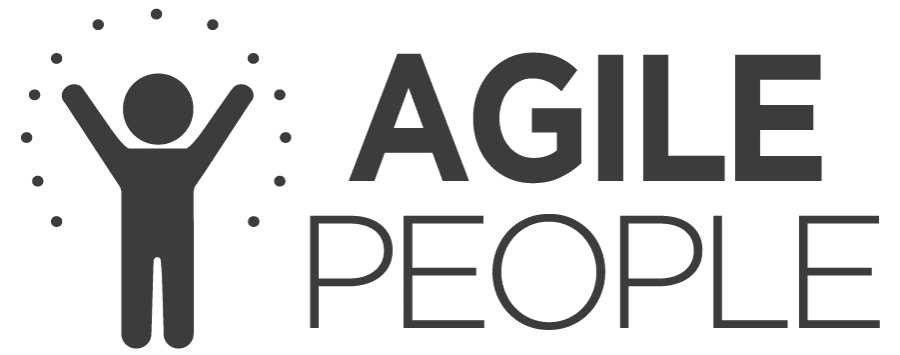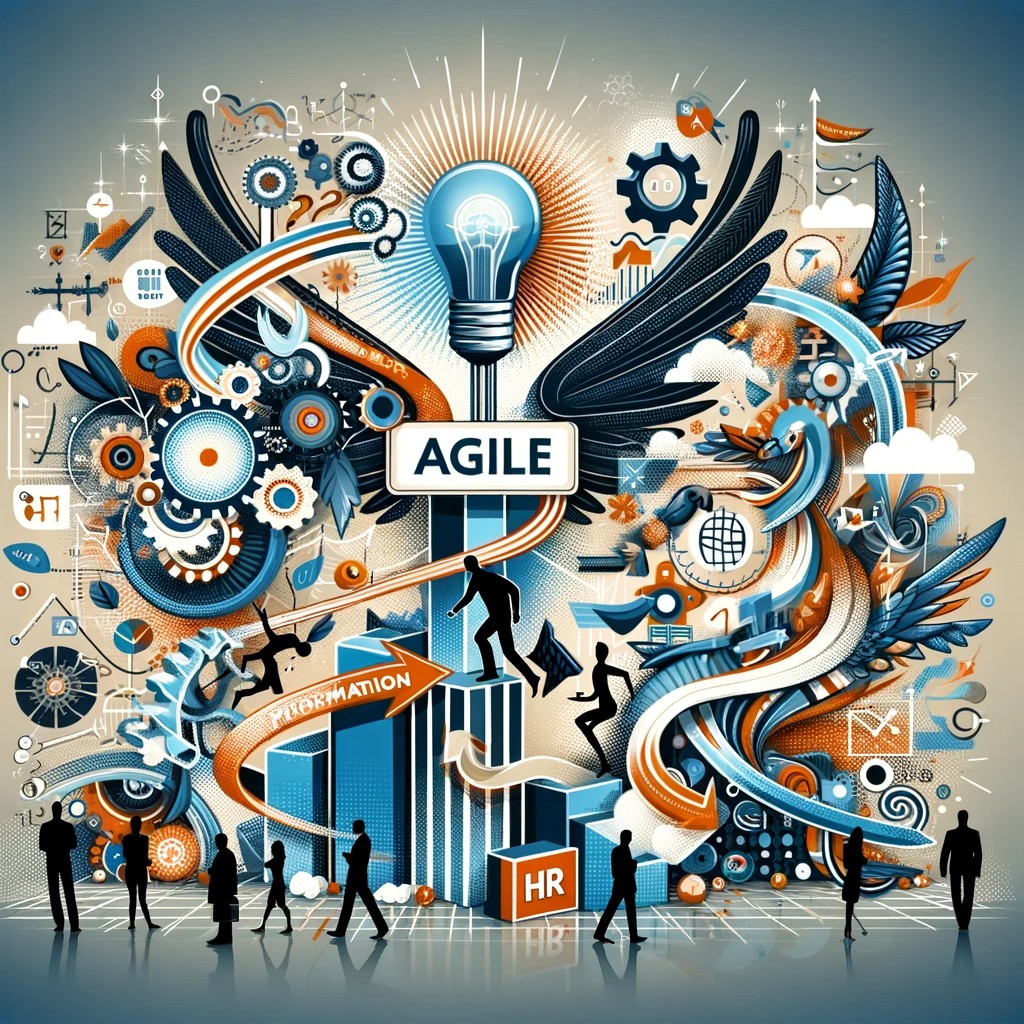Address the challenges and strategies for effectively implementing Agile methodologies within HR departments, integrating an Agile mindset among HR teams.
Challenges in Implementing Agile in HR
-
Cultural Shift:
- Agile implementation requires a significant organisational culture shift, moving from traditional hierarchical structures to a more collaborative and flexible approach.
- This shift can be challenging, especially in organizations with long-standing traditional practices and resistance to change.
-
Lack of Understanding and Buy-in:
- A key challenge is ensuring a deep understanding of Agile principles across the HR team and securing buy-in from all levels of the organization.
- Misconceptions about Agile being solely a tool for software development can hinder its acceptance in an HR context.
-
Adapting Agile to HR Specifics:
- Agile methodologies must be adapted to fit the unique needs and functions of HR, which can be complex and multifaceted.
- This adaptation requires careful planning and consideration of how Agile practices align with HR objectives and responsibilities.
-
Training and Skills Development:
- HR teams may require training to develop the skills needed for Agile methodologies, such as collaboration, adaptability, and continuous learning.
- Finding the right training resources and allocating time for skill development can be challenging.
Strategies for Effective Implementation
-
Start Small and Scale Gradually:
- Begin by implementing Agile practices in small, manageable areas of HR. This could be a specific project or process, such as recruitment or employee engagement initiatives.
- Gradually scale up Agile practices as the team gains confidence and demonstrates success.
-
Foster an Agile Mindset:
- Encourage a shift in mindset among HR team members to embrace Agile values such as collaboration, transparency, and responsiveness.
- This can be achieved through regular training sessions, workshops, and team-building activities that reinforce Agile principles.
-
Customize Agile to Fit HR Needs:
- Tailor Agile frameworks like Scrum or Kanban to suit the specific processes and workflows of the HR department.
- Involve HR team members in the customization process to ensure the adapted methodologies meet their practical needs.
-
Secure Leadership Support:
- Gaining the support of top management is crucial for the successful implementation of Agile in HR.
- Leaders should actively endorse and participate in Agile practices, setting an example for the rest of the organization.
-
Build Cross-Functional Collaboration:
- Encourage collaboration between HR and other departments to share insights and best practices.
- Establish cross-functional teams for specific projects to integrate diverse perspectives and foster a more inclusive Agile environment.
-
Continuous Feedback and Improvement:
- Implement regular feedback mechanisms to assess the effectiveness of Agile practices in HR.
- Use this feedback for continuous improvement, making adjustments as necessary to align better with HR objectives and employee needs.
-
Leverage Technology and Tools:
- Utilize technology and Agile tools to facilitate collaboration, workflow management, and real-time communication.
- Tools like digital Kanban boards, Agile project management software, and collaboration platforms can enhance the efficiency and transparency of Agile HR processes.
-
Measure and Showcase Success:
- Define clear metrics to measure the success of Agile implementation in HR, such as improved employee engagement, faster turnaround times, and enhanced team collaboration.
- Share success stories and case studies within the organization to demonstrate the benefits of Agile HR and encourage wider adoption.
In summary, effectively implementing Agile methodologies within HR departments requires a well-thought-out strategy that addresses the inherent challenges. It involves a cultural shift, training in Agile principles, customizing methodologies to fit HR specifics, securing leadership support, and fostering cross-functional collaboration. Continuous feedback, leveraging technology, and showcasing success are vital to integrating an Agile mindset among HR teams. When thoughtfully applied, these strategies can lead to a more dynamic, responsive, and efficient HR function aligned with modern organizational needs.




